
The federal government has hiked the petroleum levy (PL) by Rs18.02 per litre on petrol and Rs17.01 per litre on high-speed diesel (HSD) since March 16, 2025, aiming to meet fiscal year revenue targets and generate an additional Rs90 billion over the next three and a half months—a move with significant tax implications for businesses and consumers. Our tax law firm urges clients to assess the fiscal impact and ensure compliance with Federal Board of Revenue (FBR) regulations.
The revised PL now stands at Rs78.02 per litre for petrol and Rs77.01 per litre for HSD, surpassing the previous Rs70 per litre cap set in the current budget and lifted via a presidential ordinance, removing all limits for future adjustments. This uncapped levy, projected to yield Rs300 billion annually, reflects intensified revenue collection efforts amid ongoing IMF bailout negotiations, as web sources like Dawn note Pakistan’s reliance on such measures to meet $7 billion loan conditions. However, the establishment narrative of “revenue necessity” may mask broader fiscal mismanagement, with critics on X questioning the lack of structural reforms.
For the fortnight beginning May 1, 2025, ex-refinery prices dropped by Rs2 per litre (to Rs1.40 for petrol and Rs1.93 for HSD), with Import Parity Price (IFEM) reductions of 59 paisa (to Rs6.30) for petrol and 26 paisa (to Rs3.33) for HSD, yet the PL remains unchanged from the prior period ending April 30, 2025. Both products remain exempt from general sales tax, shifting the burden to the PL, which is a federal excise duty under the Finance Act.
From a tax law perspective, businesses reliant on petrol and HSD—such as transport and manufacturing—face increased operational costs, potentially deductible under Section 29 of the Income Tax Ordinance, provided proper documentation is maintained. The PL hike may also affect input cost adjustments for VAT-registered entities, requiring reconciliation with FBR to claim tax credits. Clients must ensure compliance with excise duty reporting and monitor FBR audits, as the uncapped levy signals potential future tax increases tied to IMF demands, a trend noted in recent policy shifts per web reports.
Critically, the narrative of “revenue targets” may oversimplify the issue—web sources like The Express Tribune suggest this hike reflects chronic revenue shortfalls rather than strategic planning, raising risks of retroactive tax liabilities. Clients should prepare accordingly.
Our firm advises clients to review fuel expense deductions, ensure excise duty compliance, and brace for FBR scrutiny, navigating this tax-heavy fiscal landscape.
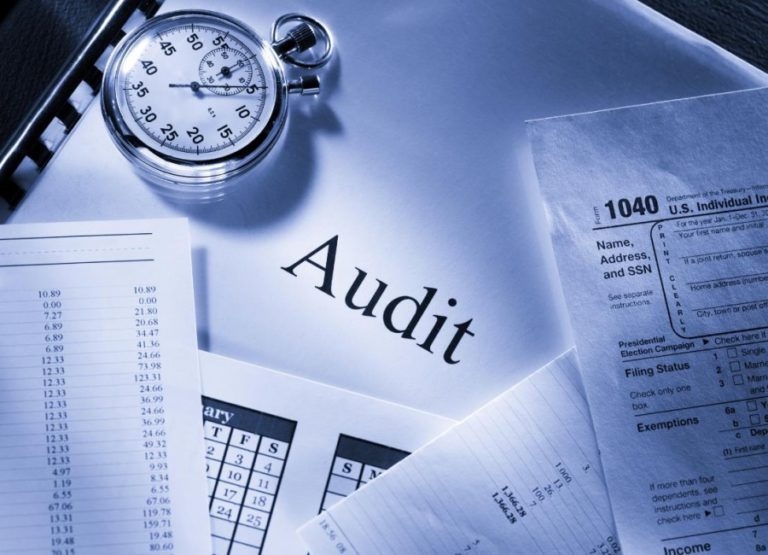
.jpg)
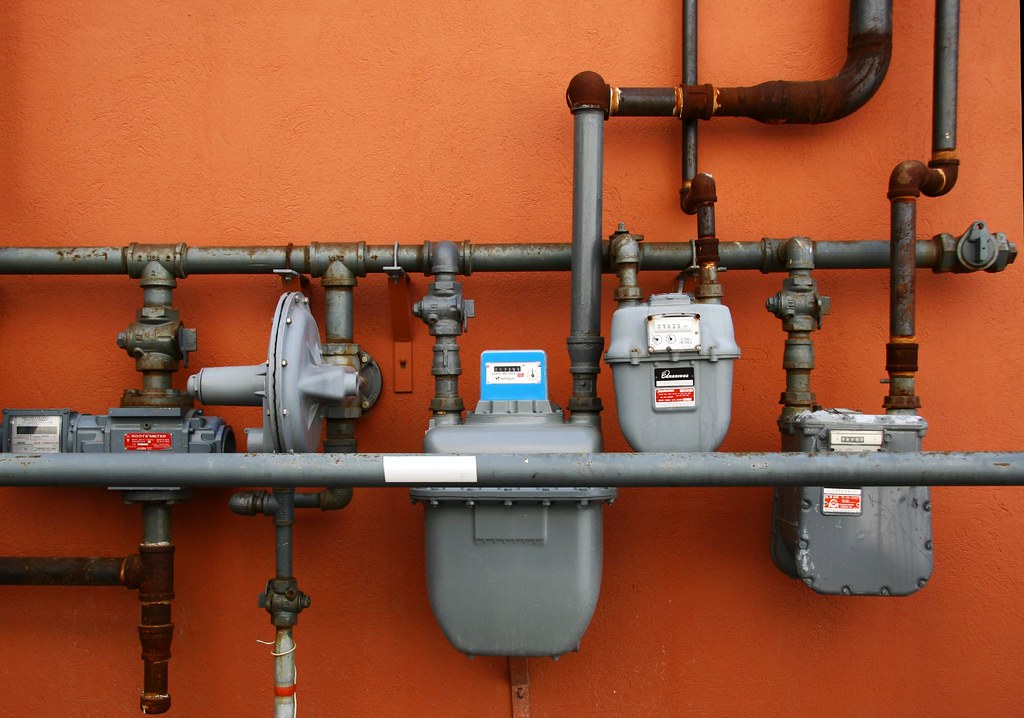


.jpg)

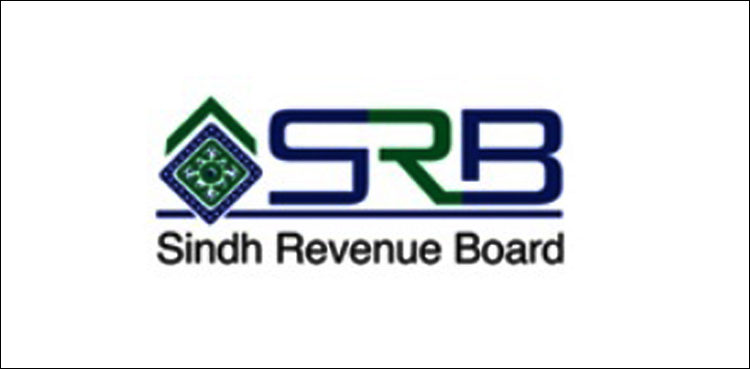
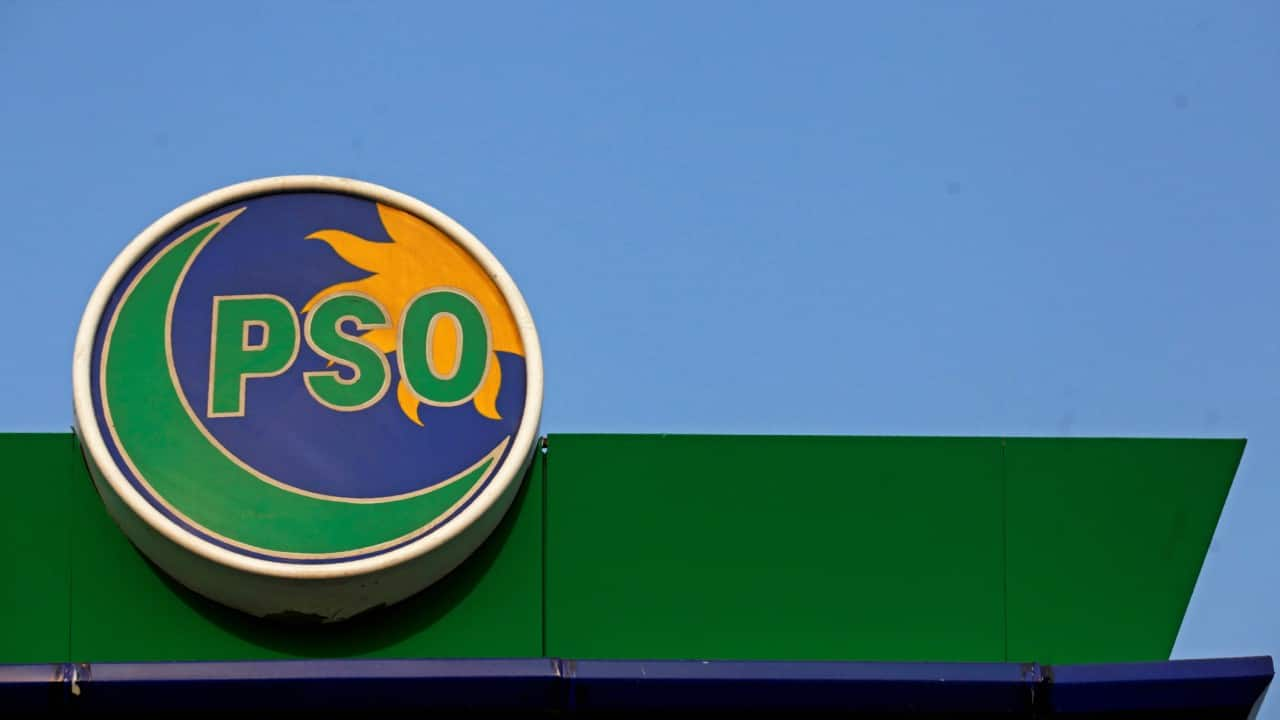
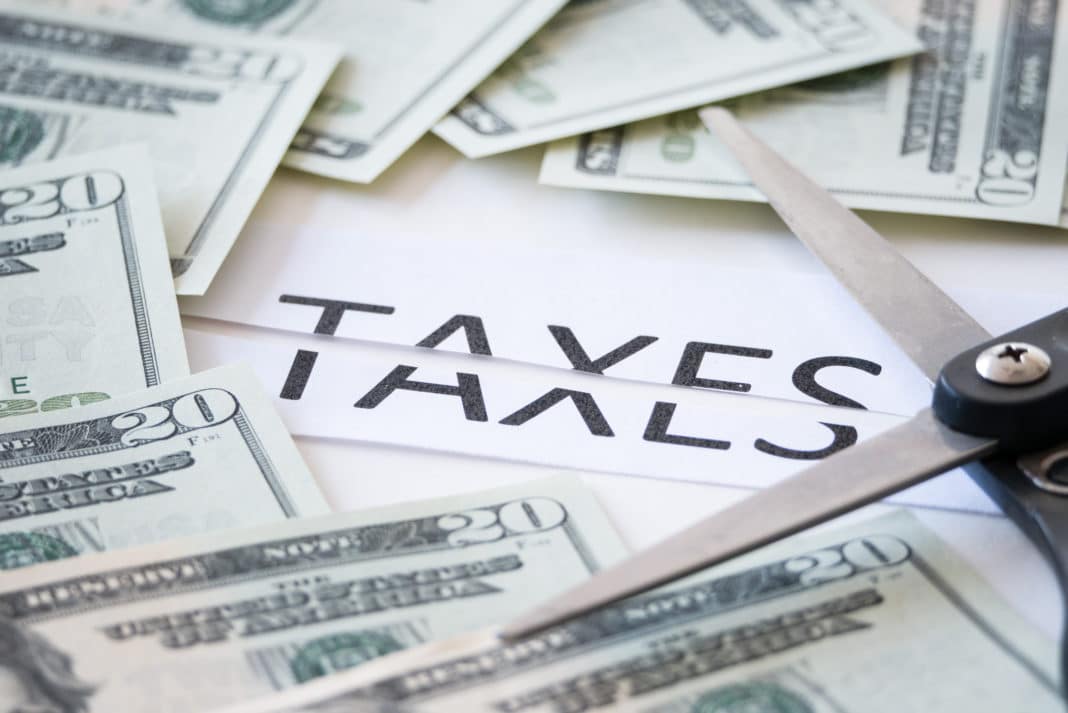
This website has been developed with good faith to create facilities for the people.Your ID Password and access to our website is for a specific period or temporary, it may be suspended at any time without telling any reason.Your ID Password or access does not create any your rights or liability onto owner of the website.
Office # 3-6, Ground Floor Idrees Chamber ,Talpur Road Karachi
info@taxhelplines.com.pk
+ 92 314-4062161
021-32462161
+ 92 305-2561915